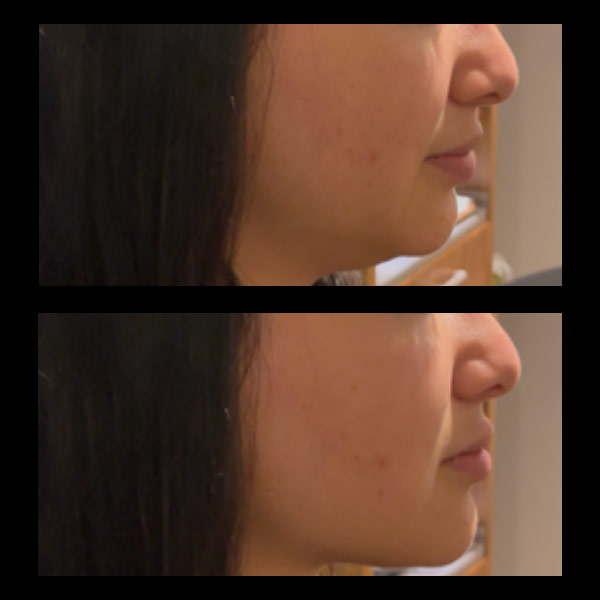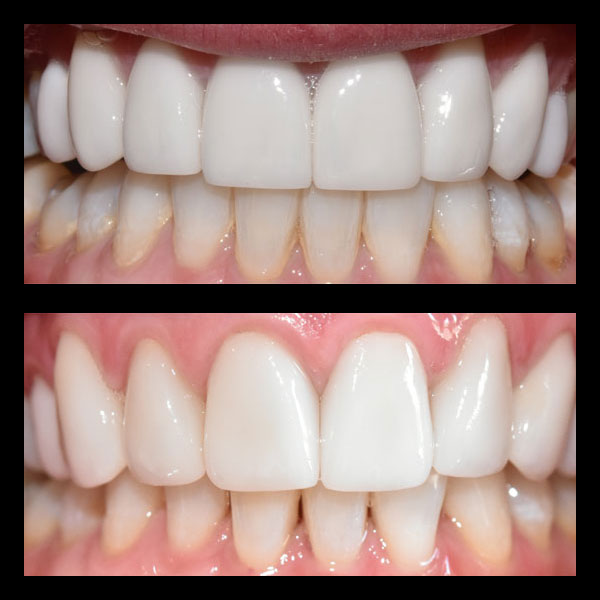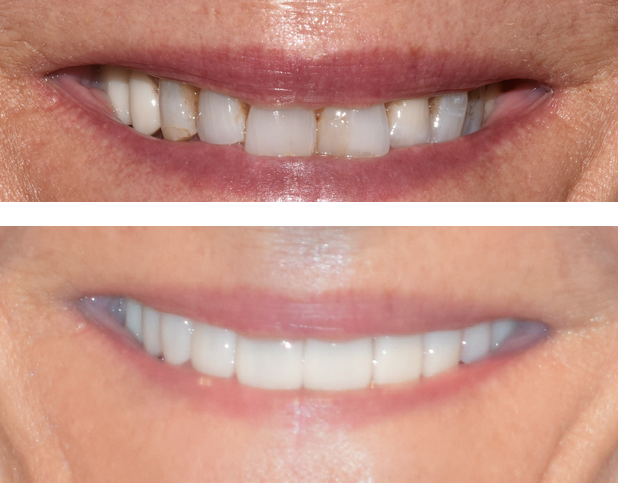 Having bad breath is a common, though awkward, condition that leaves many feeling self-conscious and anxious, especially in close quarters with others. While a stick of gum or a breath mint may temporarily mask the problem, chronic bad breath could signal deeper health issues.
Having bad breath is a common, though awkward, condition that leaves many feeling self-conscious and anxious, especially in close quarters with others. While a stick of gum or a breath mint may temporarily mask the problem, chronic bad breath could signal deeper health issues.
A healthy mouth is integral to our overall well-being. Bad breath, or halitosis, is often a symptom of inadequate oral hygiene. However, if you are diligent with brushing and flossing and continue to struggle, this could be an indicator of a more serious health problem. Understanding the potential causes of persistent bad breath allows us to seek a solution.
Common Causes of Bad Breath
The mouth is full of bacteria, and most of these bacteria are beneficial and contribute to a healthy body. These bacteria feed on the food particles left after you eat, and some types generate unpleasant-smelling sulfur compounds.
Several factors contribute to bad breath, with poor oral hygiene being the most prevalent. Leftover food particles stuck between teeth or on your tongue serve as a breeding ground for bacteria. The accumulation of this bacteria can lead to gum disease and tooth decay, worsening the problem.
Specific foods and drinks, such as garlic, onions, certain spices, coffee, and alcohol, can temporarily result in bad breath. Additionally, smoking and tobacco products not only impart a distinct odor to your breath but also dry out your mouth, providing an ideal environment for the proliferation of bad-breath bacteria.
Medical Conditions Linked to Bad Breath
Occasionally, bad breath might indicate a medical condition. Dry mouth, or xerostomia, can lead to bad breath because saliva cleanses your mouth of odor-causing bacteria. Dry mouth may result from certain medications, salivary gland problems, or persistent mouth breathing.
Bad breath may also be a symptom of respiratory infections, sinusitis, postnasal drip, diabetes, liver disease, and kidney disease. In rare circumstances, it could signify certain types of cancer or metabolic disorders. It is advisable to visit your primary care physician should you expect any of these conditions.
Prevention is the Best Medicine
The good news is that bad breath can be prevented. Excellent oral hygiene is essential: brushing your teeth and flossing after meals to remove plaque and food particles. Regular dental checkups and cleanings are also vital. We encourage guests to come in at least every six months for dental checkups and cleanings.
Another helpful way to prevent bad breath is by staying hydrated and stimulating saliva production. You can also chew sugar-free gum or suck on sugar-free candy to help.
Maintaining a nutritious diet rich in vitamins and minerals plays a crucial role in oral health. Avoiding foods that are sticky, full of sugar and additives can serve as a wonderful defense against gum disease, halitosis, and tooth decay.
Bad Breath and Systemic Diseases
Chronic bad breath can sometimes point towards serious health issues affecting organs like your lungs, kidneys, or digestive system. Certain chemicals produced by these diseases can alter your breath’s odor.
Respiratory Infections
Respiratory infections like bronchitis and pneumonia can cause bad breath. Battling bacteria or viruses in your lungs releases a distinct scent of infection with each breath you take. Similarly, sinusitis or postnasal drip can lead to bad breath due to mucus buildup in the nasal passages and throat.
Kidney Diseases
Your breath could also be a telltale sign of kidney issues. Kidneys that aren’t functioning correctly allow waste products to accumulate in the blood, resulting in foul-smelling breath. This type of bad breath often smells fishy or ammonia-like.
Some other systemic diseases commonly associated with bad breath include:
- Diabetes: Uncontrolled diabetes can cause a sweet or fruity breath. When the body begins to burn fat for energy, it produces ketones, which are then released in the breath.
- Liver Disease: A sweet, musty odor might indicate liver disease.Typically, the fragrance is a result of ‘Fetor hepaticus,’ a state in which the liver expels volatile compounds via the breath.
- Metabolic Disorders: Metabolic disorders like Phenylketonuria (PKU) and Trimethylaminuria (TMAU) can cause specific breath odors. For example, PKU can cause a musty smell, while TMAU may produce a fishy odor.
- Gastroesophageal Reflux Disease (GERD): GERD can also cause bad breath. Stomach acids and undigested food particles can travel back into the esophagus, leaving a sour or bitter taste in the mouth and an unpleasant breath.
Considering these connections between bad breath and systemic diseases, it’s crucial not to dismiss chronic halitosis as a simple dental hygiene issue. If you maintain a proper oral hygiene routine yet still have bad breath, consult a health professional. Early detection and treatment are key to managing potential health issues.
How We Address Chronic Bad Breath at Incredible Smiles
Initial Consultation and Comprehensive Assessment
The first step in addressing persistent bad breath is with the initial consultation. We will discuss your symptoms, assess your oral hygiene habits, and review your medical history. This information along with a detailed oral examination, where the dentist checks your teeth, gums, and tongue for signs of disease or decay, help to identify the root cause of bad breath.
Personalized Treatment Plan
Following the comprehensive assessment, we will determine a personalized treatment plan to target the symptoms and also look into root causes of chronic bad breath. Treatments may include cleanings to remove hardened plaque, gum disease treatment, or dry mouth remedies. If tooth decay is found, restorative procedures such as dental implants or porcelain veneers may be good candidates to restore your oral health and eradicate bad breath issues. Each plan is completely tailored to your oral health needs, and overall well-being.
Long-Term Maintenance and Follow-ups
Long-term maintenance is crucial in preventing bad breath and maintaining oral health. Regular professional cleanings remove plaque and bacteria that brushing and flossing may miss. Combined with your at-home care, these cleanings help keep your mouth healthy and fresh. Regular follow-ups are also essential, allowing our dental team to monitor your progress and adjust your treatment plan as needed. Remember, achieving fresh breath and superior oral health is a team effort. With your consistency in oral care routines, we can help you maintain fresh breath and a confident smile.
Take Control of Your Breath and Health
If you feel you have bad breath, you are not alone. Thankfully, help is just a click away! From enhancing oral hygiene to treating more serious conditions, Dr. Priya Uppal and our team at Incredible Smiles are ready to provide quality care. Our goal is to address underlying issues, not merely symptoms. We aim to restore your confidence, improve your oral health, and elevate your overall well-being.
Schedule a consultation with Incredible Smiles and embark on a journey to a brighter smile and fresher breath.








